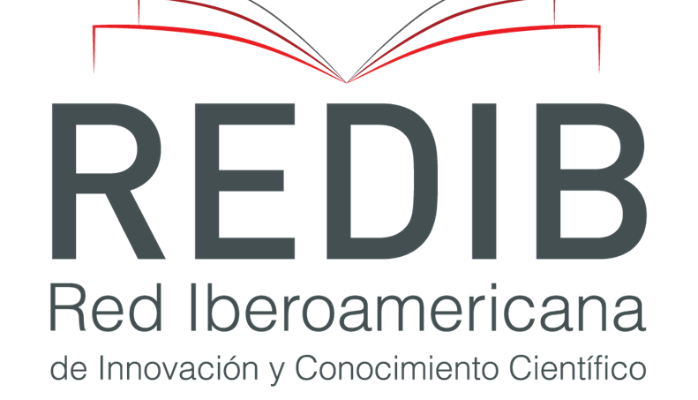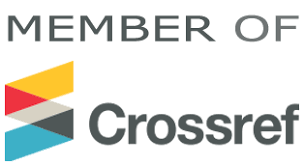Assessment of ultra-processed food consumption using the warning system with octagonal labels
DOI:
https://doi.org/10.47796/ing.v6i00.925Keywords:
public awareness, responsible consumption, health promotionAbstract
The increase in the consumption of ultra-processed foods (UPF) is a global concern, associated with serious public health issues. In response, Peru implemented Law No. 30021, which requires warning labels on food products. However, the effectiveness of this measure largely depends on consumers' perception and behavior towards these labels. Therefore, the aim of the research was to evaluate the impact of implementing the warning system with octagons on consumers' perception of consumption and purchasing decisions of UPF. The study was conducted in the Moquegua district. A 24-item questionnaire was constructed using a 5-point Likert scale, showing acceptable reliability (α=0.8). Subsequently, 377 individuals between 18 and 65 years old were surveyed. The results reveal that the majority of respondents (97.9 %) recognize the octagons and consider it important to understand their message, although there is a discrepancy between knowledge and understanding of the warnings. Marketing strategies still influence pre-purchase perception, with brand being a determining factor. The implementation of the warning system with octagons shows a significant (P<0.05), positive, and moderate correlation (r=0.543) with consumer behavior. Although there is a reduction in UPF consumption after the labeling implementation, the effects may vary depending on cultural and socioeconomic context. Evaluating its effectiveness not only promotes healthier eating but also responsible and sustainable consumption patterns.
Downloads
Downloads
Published
How to Cite
Issue
Section
License
Copyright (c) 2024 Ever Edwin Mendoza Arocutipa

This work is licensed under a Creative Commons Attribution 4.0 International License.








